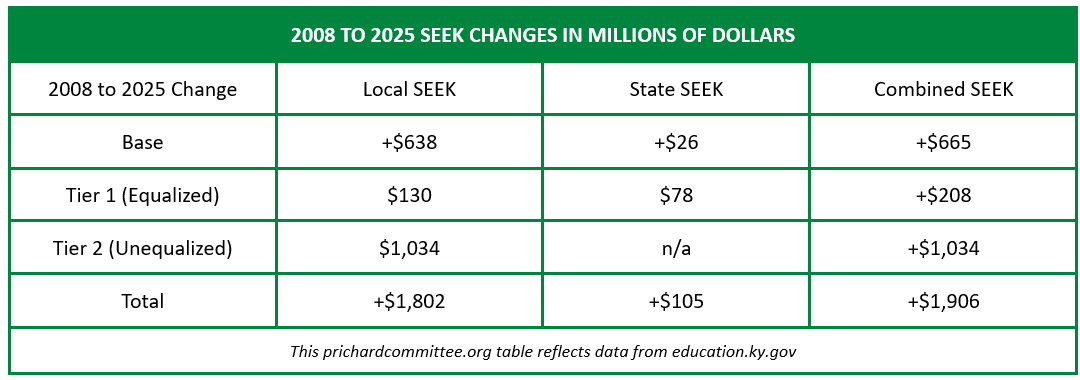Kentucky law specifies that “teachers, parents, school administrators, community residents, public organizations, nonprofit organizations, or a combination thereof” will be able to apply. Applications for charter schools controlled wholly or partly by religious denominations will be rejected.Each charter application will include by-laws and initial members of the school’s board of directors, which must include two parents of students at the school and must not include employees of the school or employees of educational service providers that will serve the school. The board will be sworn in after the application is approved.Once a charter application is approved, the charter school will official be a “body corporate and politic” run by its board of directors. Legally, a Kentucky public charter school will be “a public body corporate and politic,” which will make it a kind of government agency, rather than a private corporation subject to for-profit or non-profit regulations. Kentucky has other entities that are set up as “public bodies corporate and politic, including the Kentucky lottery corporation, water commissions, and urban renewal and community development agencies. Formally speaking, the charter school cannot be owned by any other group or company.For-profit corporations cannot apply to form Kentucky charter schools: they are not on the list of allowed applicants. For-profit corporations also cannot own charter schools, because each charter school must be a “body corporate and politic.”However, for-profit corporations can be “education service providers,” and a charter school board can sign a contract with that sort of provider. If a charter school plans to contract with an education service provider, the planned terms of the contract will be included in the charter application. Kentucky law defines an education service provider as “an education management organization, school design provider, or any other partner entity with which a public charter school contracts for educational design, implementation, or comprehensive management." This provision means that for-profits can play a major role in how a charter school is started, though only with some type of agreement with others.The contract will determine what the provider does for the charter school and its board. That means that the charter might buy or rent its facilities, furniture, equipment, technology, books, and supplies. Many of those things can be used over more than one school year, so there is a valid question about who gets to keep those items if the school closes or chooses to work with different providers. Yes, a skilled and experienced provider can push a less-well prepared charter school board toward a contract that gives big advantages to the outside company. At the same time, it’s worth noticing that a charter school starts from scratch. It does not have a financial reserve or bond proceeds it could use to buy any of those big-ticket items, so rental contracts may be the only way the school can begin.
Legal sources: KRS 160.1593 governs applications to run a charter school. KRS 160.1593 governs charter applications, including how education service providers are to be identified in applications. KRS 160.1590 establishes charters’ “body corporate and politic” status and defines education service providers.
To look at look at other “bodies corporate politic,” good starting places may be KRS 65.355 for land bank authorities, KRS 74.450 for water commissions, KRS 99.350 for urban renewal and community development agencies, KRS 154A.020 for the Kentucky Lottery Corporation, KRS 262.010 for soil and water conservation districts and KRS 342.803 Kentucky Employers' Mutual Insurance Authority.
Series Links:
Charter schools: taking on the questions (Introduction)
2. What student results are charter schools expected to deliver?
3. Which school laws do charter schools have to follow?
4. How can students be admitted to charter schools?
5. Who can authorize charter schools?
6. Who can apply to start a charter school?
7. How can charter schools be closed if they do not deliver?












